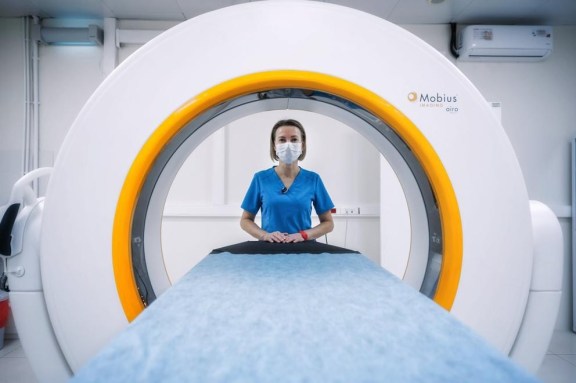Is it possible for a learning disability to be diagnosed with the help of brain scans and machines? It is not possible to say yes.
A traumatic brain injury or other neurological damage that may be at least part of the cause for a learning disability can be detected with some tests, such as an MRI or CT Scan.
Feel free to share with your friends what you've discovered!
Can a neurologist diagnose learning disabilities?
Severe visual and/or hearing impairment and hydrocephalus are found in less than 15% of individuals with severe learning difficulty, but are much more common in individuals with mild learning difficulty. Most of the time the management is geared to diagnosis, and if possible the cause, as well as appropriate genetic counseling and support.
Medical intervention usually involves dealing with learning difficulties and coordination of appropriate support services. In adult practice, most of this role is provided by the learning disability service, but the neurologist may be involved in the management of neurological disorders.
There is no doubt that there is an over representation of attentional difficulties in children with significant neurodevelopmental disorders. In the absence of strong clinical indicators, the presence of attentional difficulties does not signify the presence of a neurological disorder and medical investigation of the cause of these difficulties is rarely of value.
It's not necessary to investigate specific neurological disorders for learning difficulties, such as dyslexia and dyspraxia.
Cerebral palsy and other acquired neurological disabilities are often accompanied by an insult to the developing brain after birth, which can result in learning difficulty. There is a wide range of possible causes for learning difficulty, which is clear from the discussion above.
It is clear that some patients do not need all investigations to be performed, and that investigation should be targeted to the clinical situation. The task for neurologists is often easier than for paediatricians/ paediatric neurologists, as many evolutionary conditions are apparent and most metabolic diseases will have become manifest during childhood.
It is important to consider both medical and psychological investigations.
→ Dyslexia and Dyscalculia: A Closer Look at Their Co-Occurrence
Can a neurologist diagnose apraxia?
These characteristics are not enough to make a diagnosis, so they are reason to be concerned and to take action. If a child is suspected of having Childhood Apraxia of Speech, they should be treated as if they have the disorder.
Since I have never met your son, I can't give you any information, but I can tell you that some of the other diagnoses that get misdiagnosed as Childhood aphasia of speech are Dysarthria, Phonological Processing Disorder, Expressive Language Disorder, and even Autism Spectrum Disorders.
To determine this, you will need to have your son evaluated by a Speech Language Pathologist who has the right expertise.
→ Reading Control Center: Unraveling the Brain's Role
How do you test for a learning disability?
It is important to understand that there is no single test for learning disabilities. It is a comprehensive, multi-faceted process, with tests for individual disabilities often part of a larger evaluation that can vary based on who is conducting the testing.
According to Rebecca Mannis, a learning specialist and founder of Ivy Prep Learning Center in New York, individual disabilities are diagnosed using a child is developmental history as well as standardized measures, ideally as part of evaluation by a licensed neuropsychologist.
Is it not a problem of intelligence or mental retardation? Paying attention to the signs of learning disorders and understanding which learning disorders your child has with a learning disability test can help start early intervention and support the special education that your child may require.
You have successfully completed the learning disability test. It is time to understand the outcome. Even if they don't have any learning difficulties, some people can have difficulty with their learning process. Learning disabilities can make life more difficult for both children and their parents.
Even if there are no mental health conditions or impairments, the learning difficulty test can be used to determine if the individual has difficulty reading, writing, learning mathematical operations, adapting, and so on.
If you have the symptoms of learning disabilities, you can take an online learning disability test. If the result says you might have a learning disability, you need to visit a specialist for the final diagnosis.
If you have the signs of a learning disability, taking a learning disability test for adults is a good idea. Unless it has been made by a specialist, these tests are only for informational purposes.
